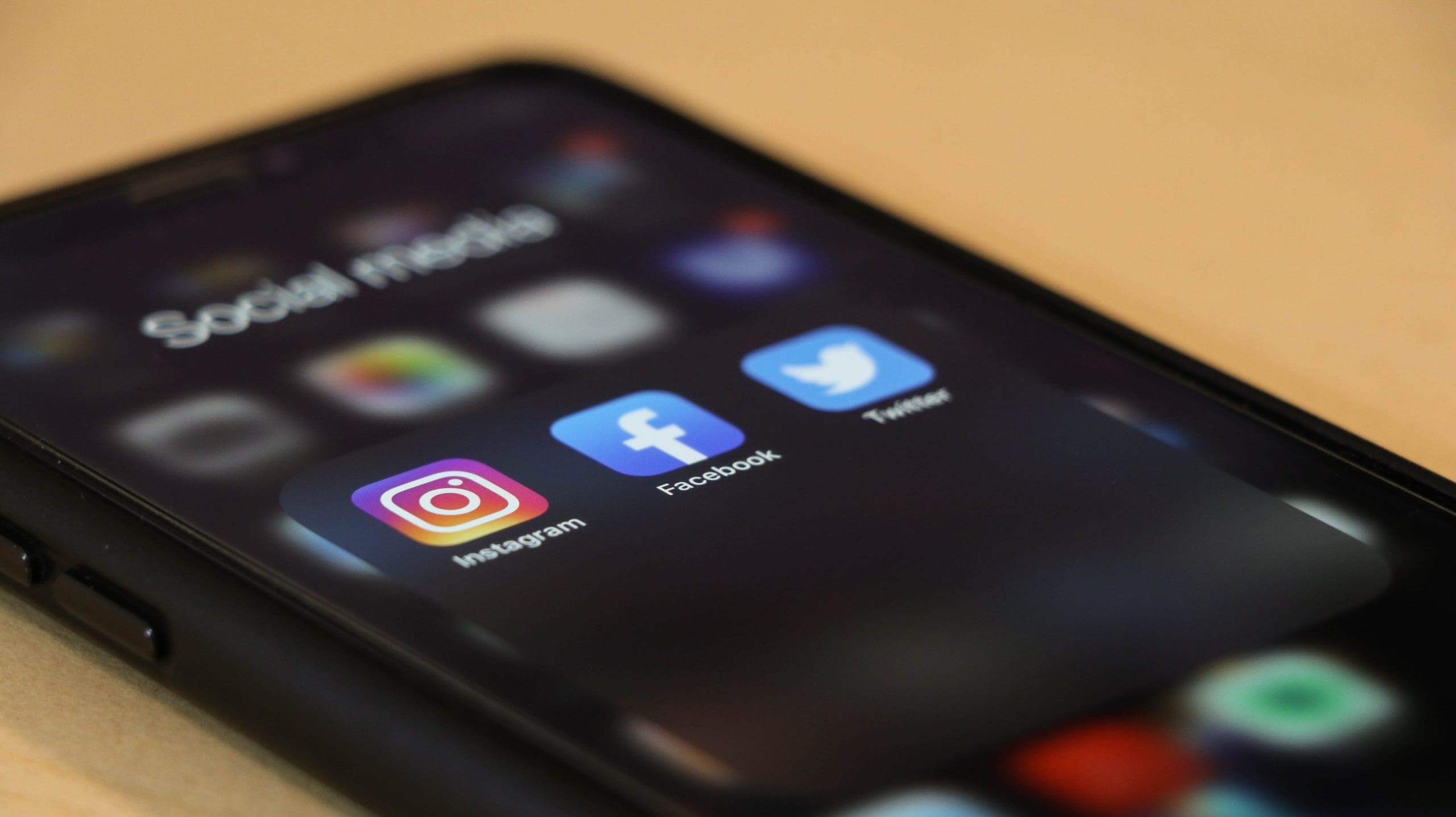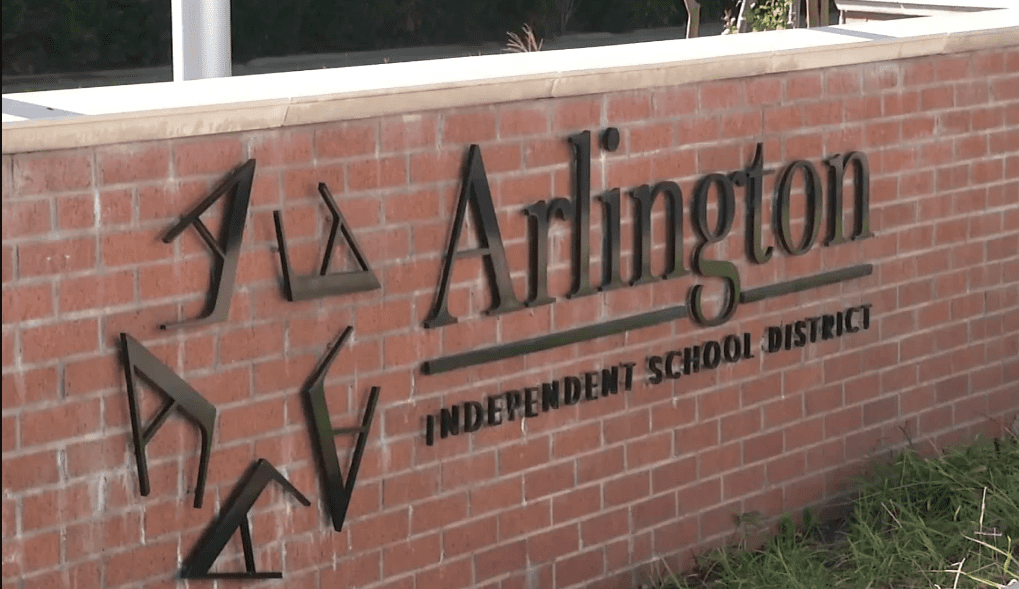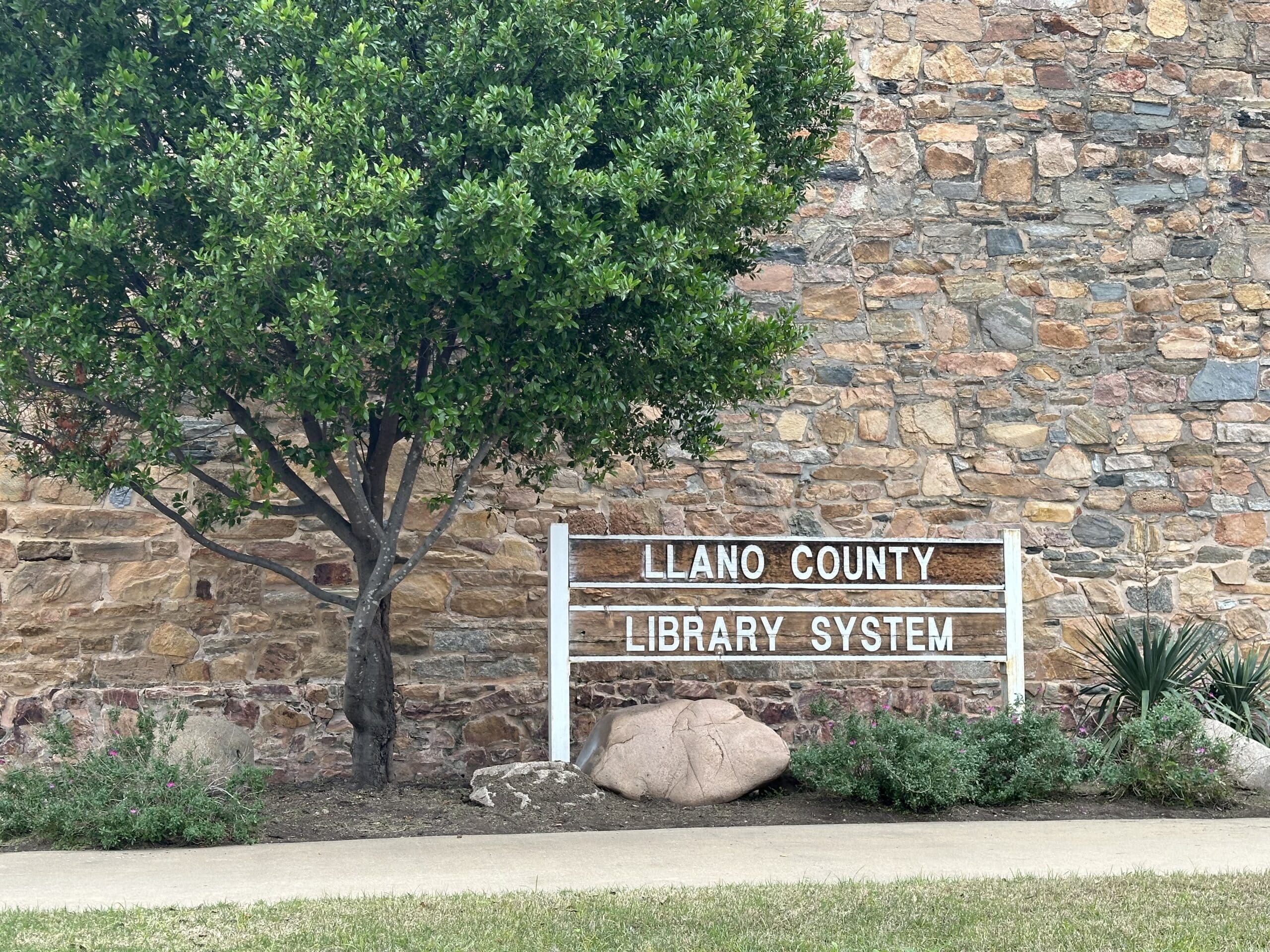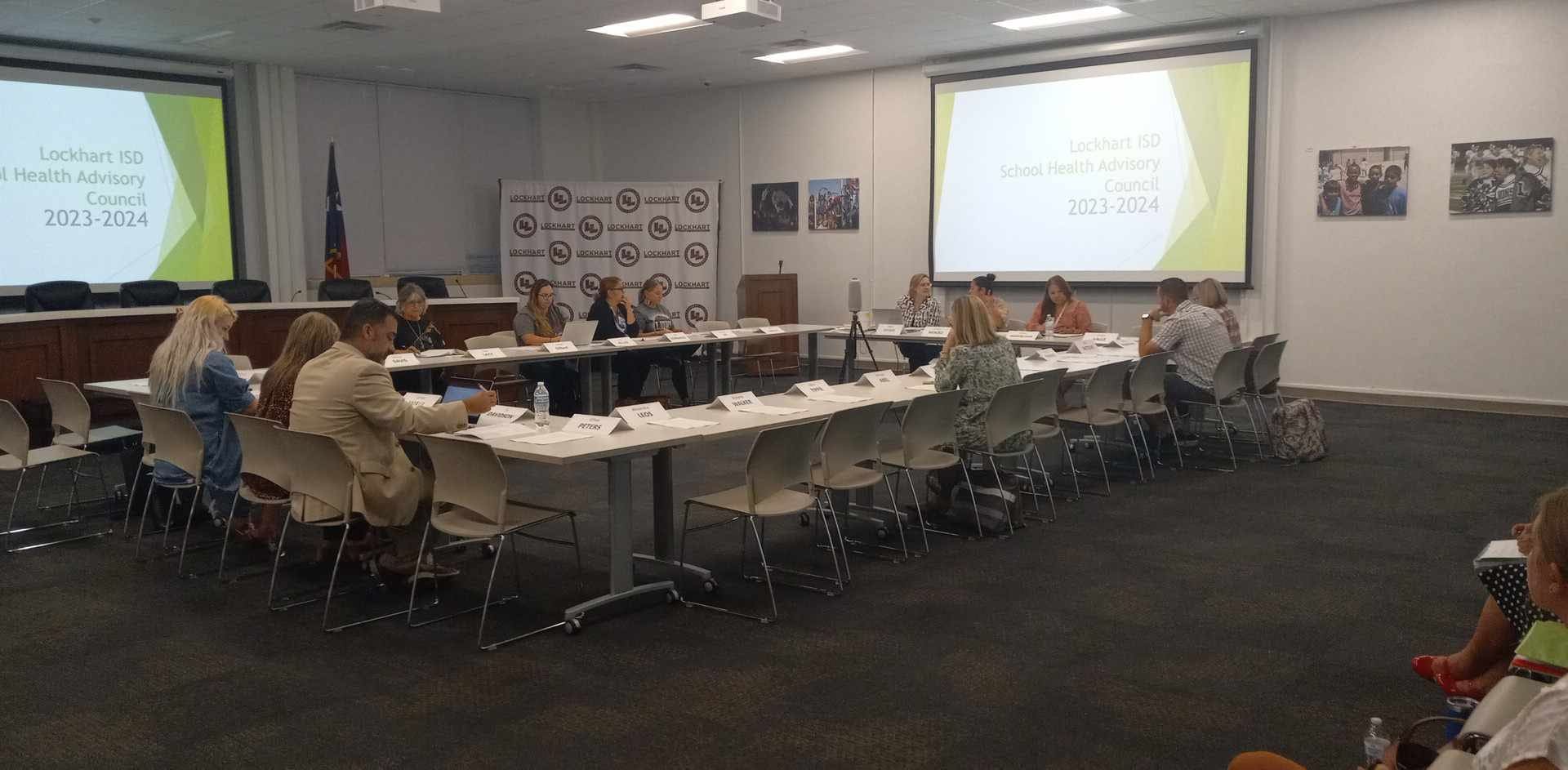In a Senate hearing on legislation to protect kids from the threats of social media, a key witness described efforts to keep children safe as “a David vs. Goliath fight.”
Named the Securing Children Online Through Parental Empowerment (SCOPE) Act, House Bill 18 by State Rep. Shelby Slawson (R–Stephenville) would require individuals who sign up for a new account with a social media service to verify they are at least 18 years of age or have the consent of their parents or guardians to do so.
The proposal was considered during a hearing of the Senate State Affairs Committee on Monday after passing the House on April 26. Only one witness expressed disapproval of the legislation, while another registered his opposition without offering testimony.
As Texas Scorecard reported in December of last year, minors active on social media have been shown to be at greater risk of developing mental health problems, engaging in self harm, and committing suicide. Some have even blamed the increasing popularity of apps like TikTok for the rise in gender dysphoria among teens in recent years.
State Sen. Bryan Hughes (R–Mineola), the bill’s sponsor in the Senate, described the internet as “an overwhelming place for children,” saying that “a child’s experience online can have very real consequences beyond the digital world.”
“Parents are the first and strongest protection for kids online,” he argued, “but sadly, their tools are often limited.” He explained that HB 18 “is designed to protect kids online in several ways, but specifically, through empowering parents to have a greater awareness of a child’s online life and to have more control over what the child sees and does on the internet.”
Hughes said the measure had been revised since it passed the House to include components of other bills requiring age verification to access pornographic websites and content filtering for school-issued devices provided to students.
The first witness to provide testimony was Maurine Molak, whose son David took his life at the age of 16 after being subjected to months of online harassment in 2016. In response to this tragedy, Molak and her family formed a nonprofit to raise awareness of cyberbullying, and they advocated for the passage of David’s Law, which broadened the state’s definition of bullying to include cyberbullying and required Texas public school districts to adopt anti-bullying policies.
Molak described the obligation to protect kids from online threats as one of biblical proportions:
Keeping our children safe online is a David vs. Goliath fight. And we need Goliath—the social media companies—to step up to the plate to help ensure the online safety of Texas youth.
She explained HB 18 would force social media companies to “better equip parents with tools so the parent—not Big Tech—is in control of what is best for their minor child’s online safety.” It would also require the companies “to take reasonable steps to prevent and mitigate online harms to Texas minors.”
“It is time for them to become part of the solution in protecting our state’s most precious resource: our children,” Molak concluded.
Tom Giovanetti, the president of the Dallas-based Institute for Policy Innovation, offered a different perspective.
Citing the renowned economist Thomas Sowell, Giovanetti said, “There are no solutions; there are only trade-offs.” He added, “You cannot verify age without verifying identity,” which requires the collection of information that lawmakers have proposed regulating in other pending legislation.
“This legislation will encourage minors to lie about their age, because that’s how they avoid the gauntlet of HB 18,” Giovanetti said.
He confessed that he was “under no delusion” that his testimony would deter the bill’s passage, but he said, “I want to go on record explaining to you the problems with the legislation so that when it fails judicial review, you might at least hear the echo of my words in your ears.”
In response, Hughes said that “[being] smug is about the worst approach to persuading a committee around here, but that’s okay …keep it up.”
Zach Whiting, a former Iowa state senator and a researcher at the Texas Public Policy Foundation, also had concerns about the revised bill, though he strongly supported the version that passed the House.
Specifically, he said the removal of “willfully disregards” from the definition of “known minor” is problematic because it “pretty much gives zero incentive for companies to go out and find the actual age of a user.”
In addition, Whiting argued that requiring social media companies to “develop a strategy to prevent harm … [is] significantly different than the duty to exercise reasonable care.”
“We shouldn’t allow Big Tech to continue to police themselves, and really asking them to sit down and plan about a plan doesn’t do as much as affirmatively exercising a duty to exercise reasonable care,” Whiting concluded.
A number of trade organizations offered testimony on the potential impacts of the legislation, and representatives for the Texas Catholic Conference of Bishops, Texas PTA, and Street Grace indicated their support for the bill but did not testify.
Servando Esparza, a representative for an industry association whose members include Apple, Google, and Meta (the parent company of Facebook and Instagram), registered in opposition to the measure but did not testify. Earlier in the hearing, Esparza was lambasted by committee members for opposing legislation that would require electronic device manufacturers to turn on content filtering for every device activated in the state.
HB 18 was left pending at the hearing’s conclusion. If the revised bill passes the Senate, the House must agree to any changes or work out an acceptable version to both chambers before it can go to the governor’s desk.
The 88th Legislative Session ends May 29.





